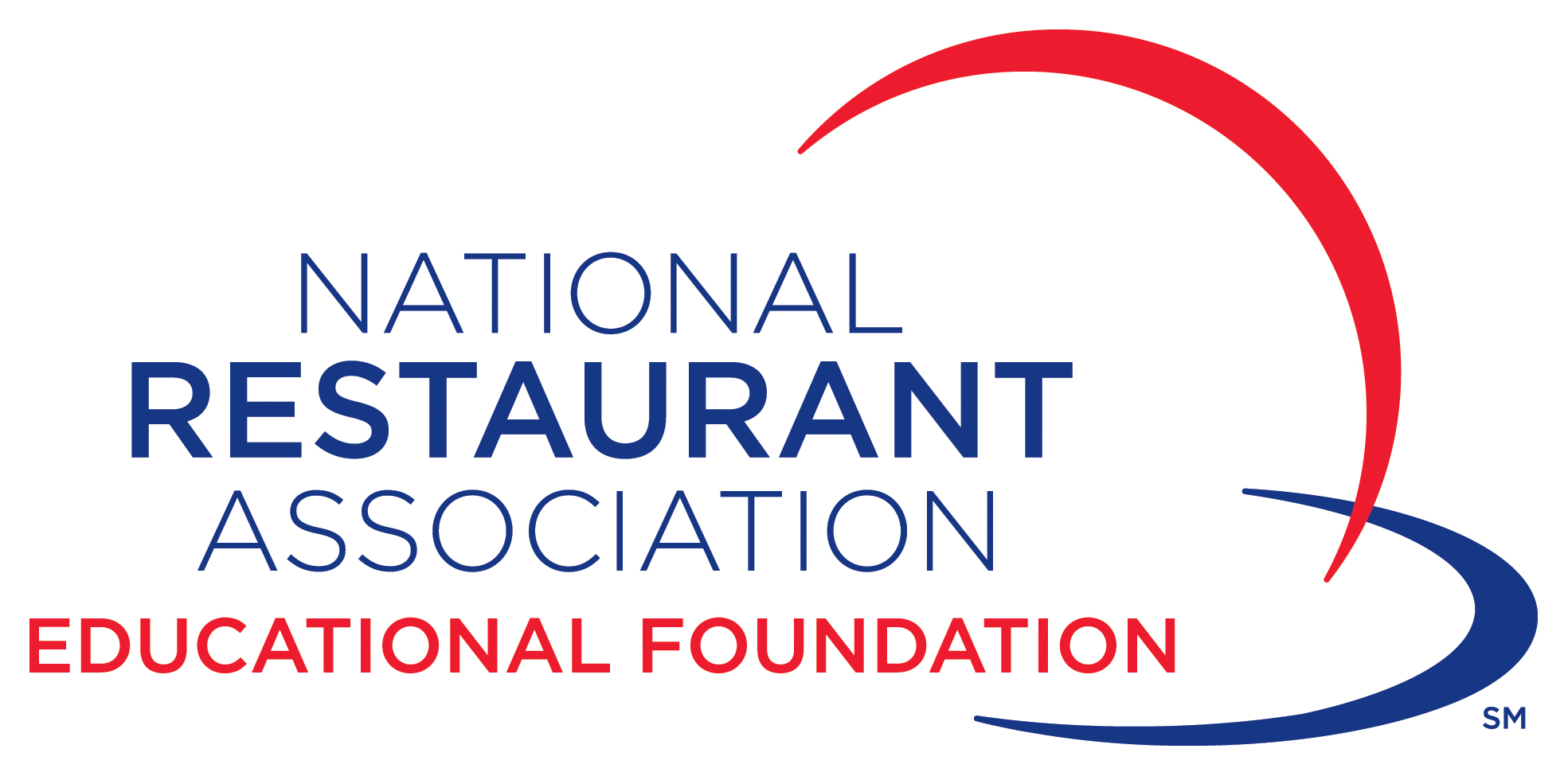Food and Beverage Service Competency Model
This national competency model for the food and beverage service industry sets a consistent standard for educators and employers and provides employees, prospective employees, and influencers a clear understanding of how to best enter, advance, and succeed in the industry.
To ensure a comprehensive and accurate model, the National Restaurant Association Educational Foundation (NRAEF) worked with industry subject matter experts throughout the entire development process engaging a 26-member industry workforce work group and a 21-member state restaurant association (SRA) focus group, with contributors participating from member organizations, academic, workforce development leaders, NRAEF board members and members of the National Restaurant Association (NRA) Human Resources Executive Study Group. Additionally, the NRAEF collaborated with trusted advisors from allied associations and the USDOL to learn best practices and confirm methodology. The final results were validated by over 50 member industry organizations. The mission of the NRAEF is to enhance the restaurant and foodservice industry's service to the public through education, community engagement, and promotion of career opportunities. Their educational and training programs provide management, culinary, food safety and employee skills training to build a pipeline of industry talent.
In 2025, the foundational tiers of the model were updated to align with changes in the Building Blocks Model. For more information, download the Summary of Changes.
